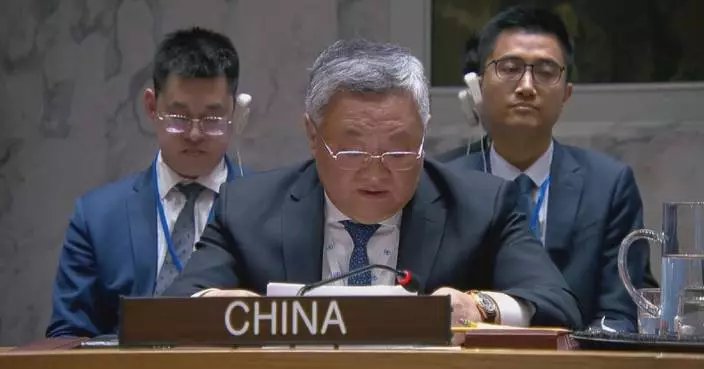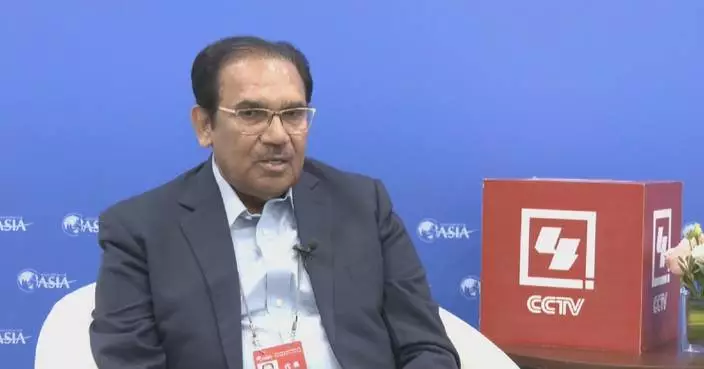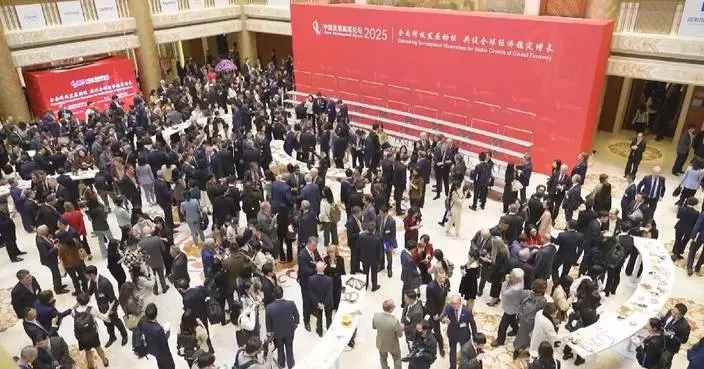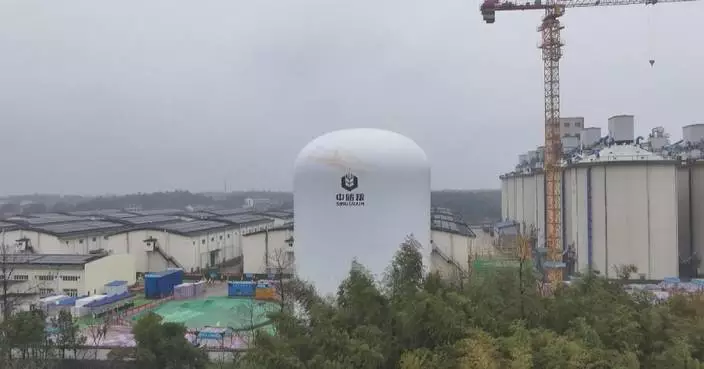The manager of the Spanish Chamber of Commerce in China is optimistic that Prime Minister Pedro Sanchez's current visit will further strengthen cooperation between the two countries and boost trade.
In an interview with China Global Television Network (CGTN) on Sunday, Juan Manuel Reina Moreno, vice president of the Spanish Chamber of Commerce in China, said Sanchez's visit to China shows the country's commitment to cooperation with China. Moreno also serves as the general manager of CEPSA Chemical in Shanghai, a leading Spanish petrochemical company.
Prime Minister Sanchez arrived in Beijing on Sunday for an official visit that will last through Wednesday, during which Chinese President Xi Jinping will meet him, and separate talks with senior Chinese officials are expected.
The two sides will exchange views on bilateral relations and issues of mutual interest, and co-host a series of events.
Highlighting that China has become Spain's large trading partner outside the European Union, Moreno said Spanish exports to China have increased significantly in recent years, especially in sectors including food, energy and technology, with more Spanish companies entering the Chinese market.
Sanchez's visit is expected to further expand ties between Spain and China in emerging industries, Moreno noted.
"The visit of Prime Minister Sanchez to China underscores Spain's commitment to stronger cooperation in key areas such as renewable energy, infrastructure and digitalization following a win-win approach. Spain is also focused on attracting investment in clean technologies, especially hydrogen development, where it has significant advantages and a strategic position. Energy has become a vital link between the two economies, especially Spain as the leading European partner for China in this sector," Moreno said.
Spain mainly exports pig meat, copper ore and packaged medicaments to China, while importing electric vehicles, batteries and semiconductors from China.
Moreno stressed that there is room for more cooperation in areas where Spain's exports can satisfy China's needs.
"I see great potential in several sectors. First, renewable energy is a very big opportunity as both countries focus on green technologies. Second, digitalization and smart infrastructure offer potential, while Chinese expertise could complement Spain's current development in AI. The food and agriculture sector also has strong prospects due to the Chinese demand for sustainability, especially high quality products. Lastly, R and D and innovation, particularly in biotechnology and chemicals, present opportunities for joint ventures and breakthroughs," he said.

Spain committed to strengthening cooperation with China: chamber of commerce

Spain committed to strengthening cooperation with China: chamber of commerce

Spain committed to strengthening cooperation with China: chamber of commerce



















































